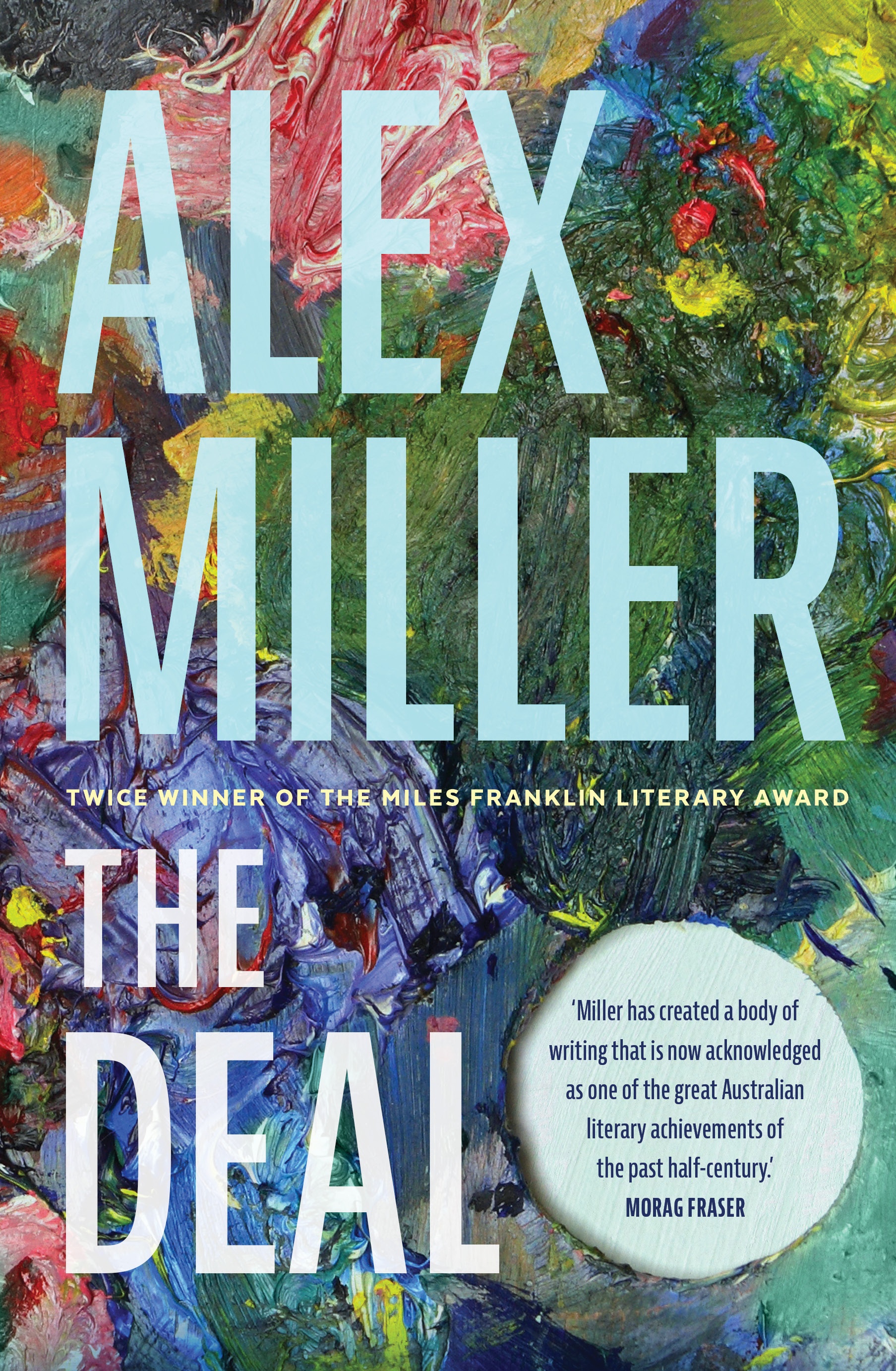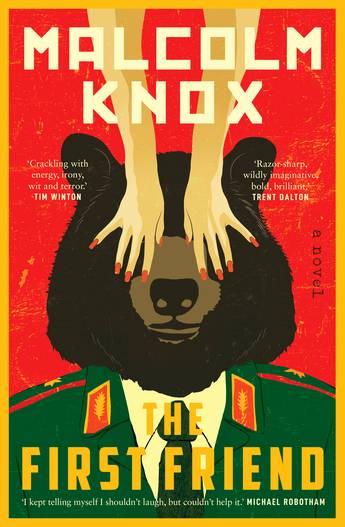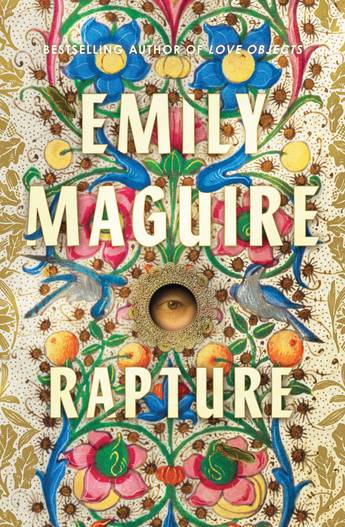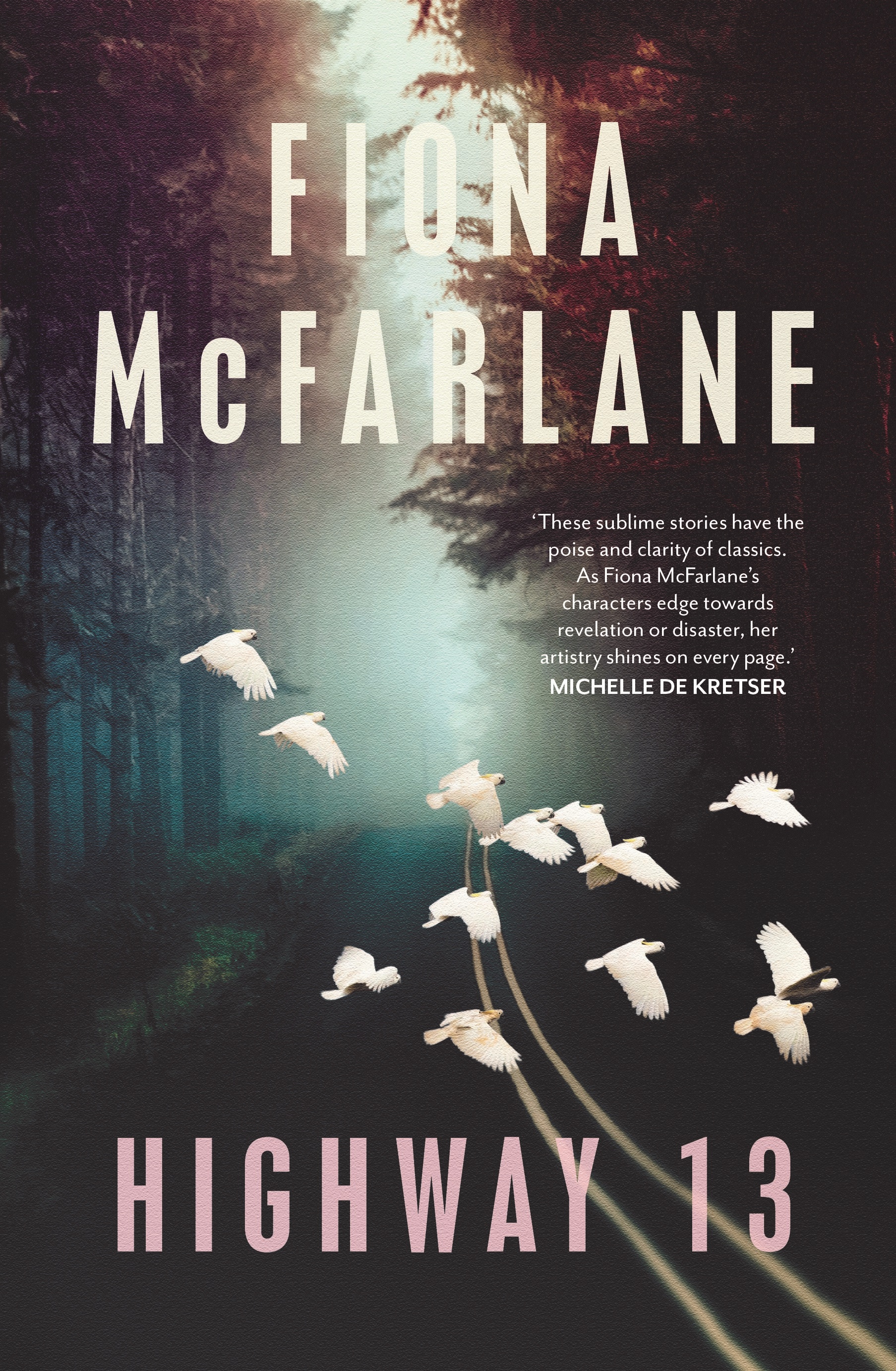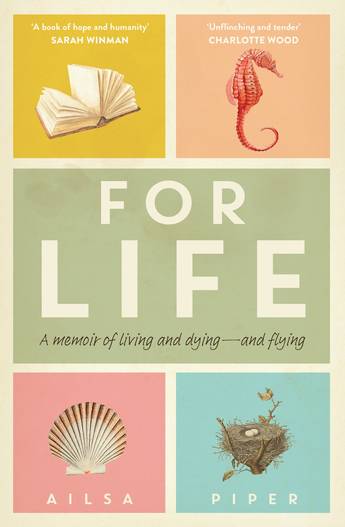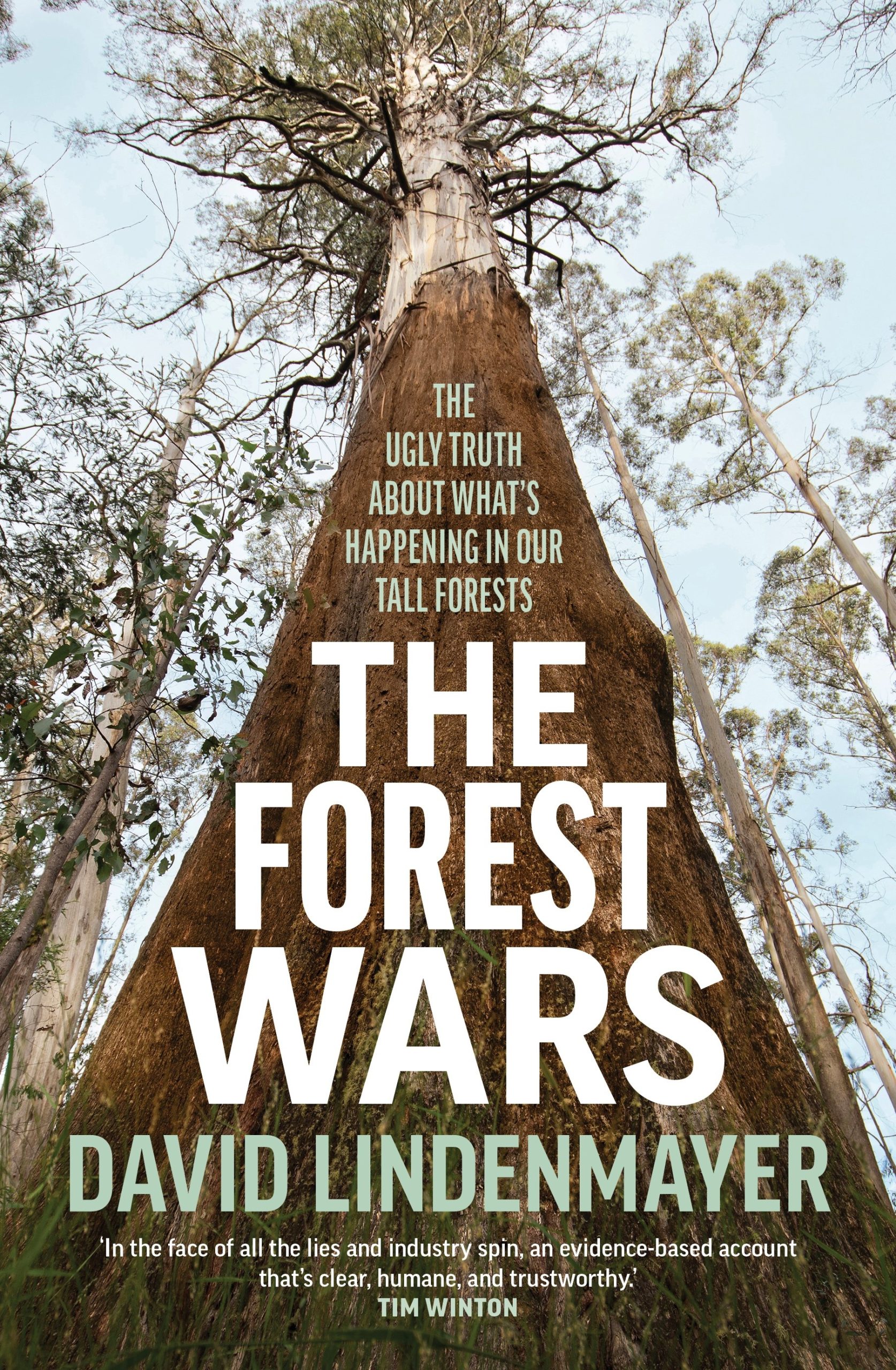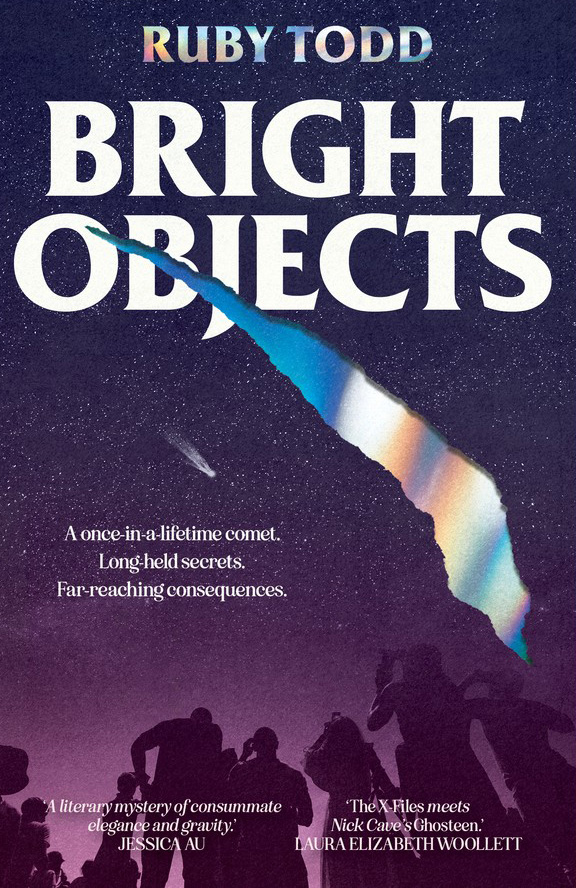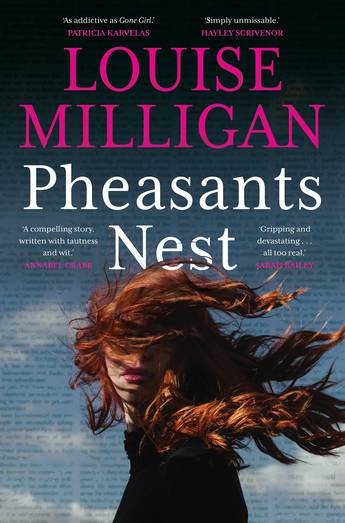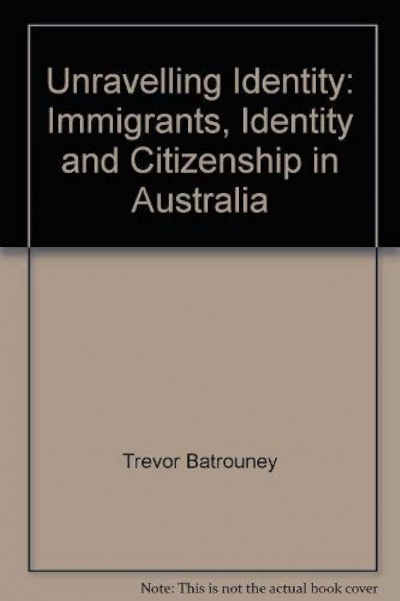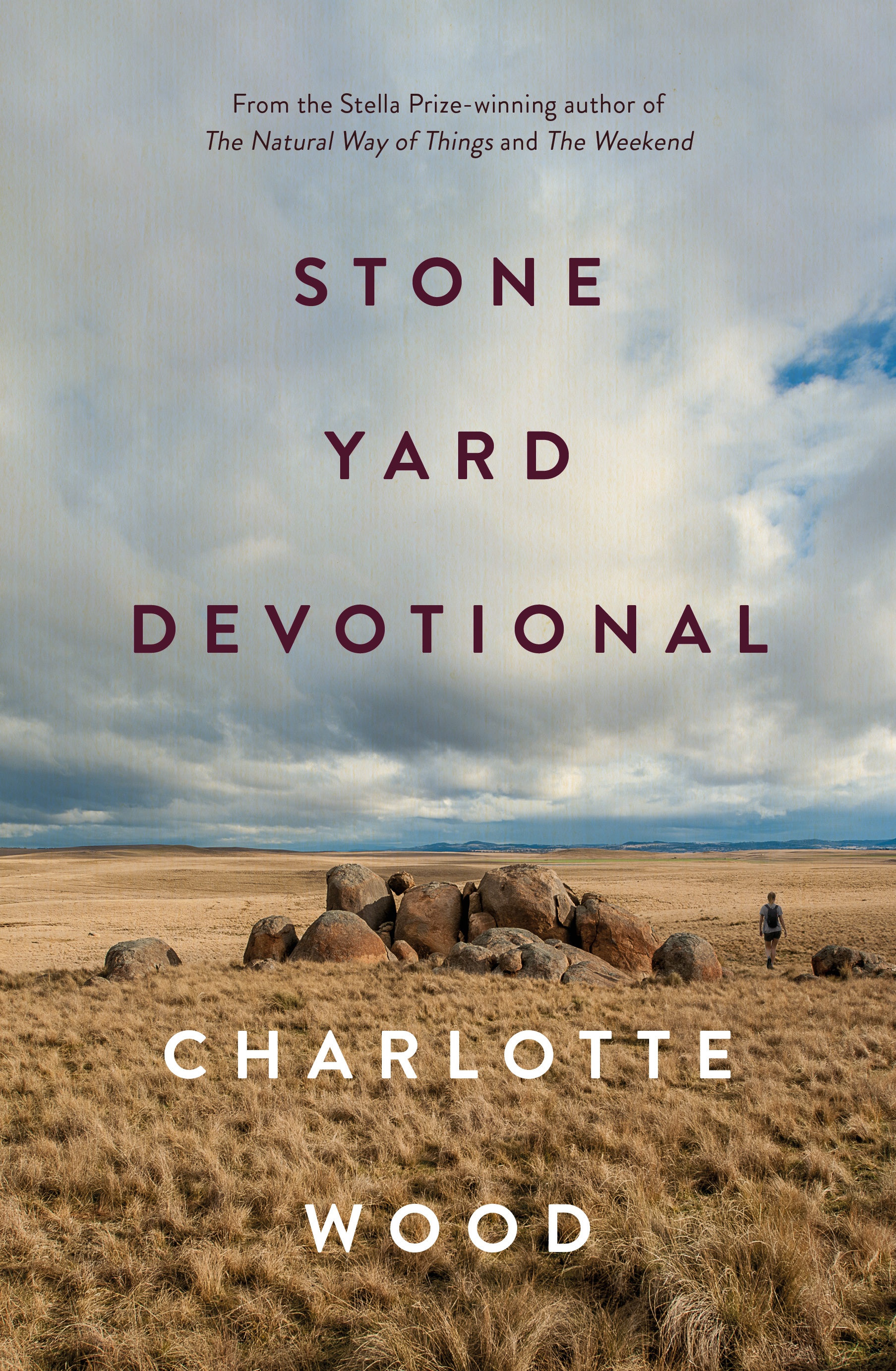Allen & Unwin
Film | Theatre | Art | Opera | Music | Television | Festivals
Welcome to ABR Arts, home to some of Australia's best arts journalism. We review film, theatre, opera, music, television, art exhibitions – and more. To read ABR Arts articles in full, subscribe to ABR or take out an ABR Arts subscription. Both packages give full access to our arts reviews the moment they are published online and to our extensive arts archive.
Meanwhile, the ABR Arts e-newsletter, published every second Tuesday, will keep you up-to-date as to our recent arts reviews.
Recent reviews
For Life: A memoir of living and dying – and flying by Ailsa Piper
Forest Wars: The ugly truth about what's happening in our tall forests by David Lindenmayer
Peter Mares reviews 'Unravelling Identity: Immigrants, identity and citizenship in Australia' by Trevor Batrouney and John Goldlust, and 'Borderwork in multicultural Australia' by Bob Hodge and John O'Carroll
I witnessed Australia’s inglorious exit from the World Cup in a packed Balmain Rugby Leagues club. Many in the crowd were sporting green and gold, and when it came time for the pre-match national anthem, the crowd rose almost as one to join in a well-oiled and full-throated rendition of Advance Australia Fair. I was glad that my ...

